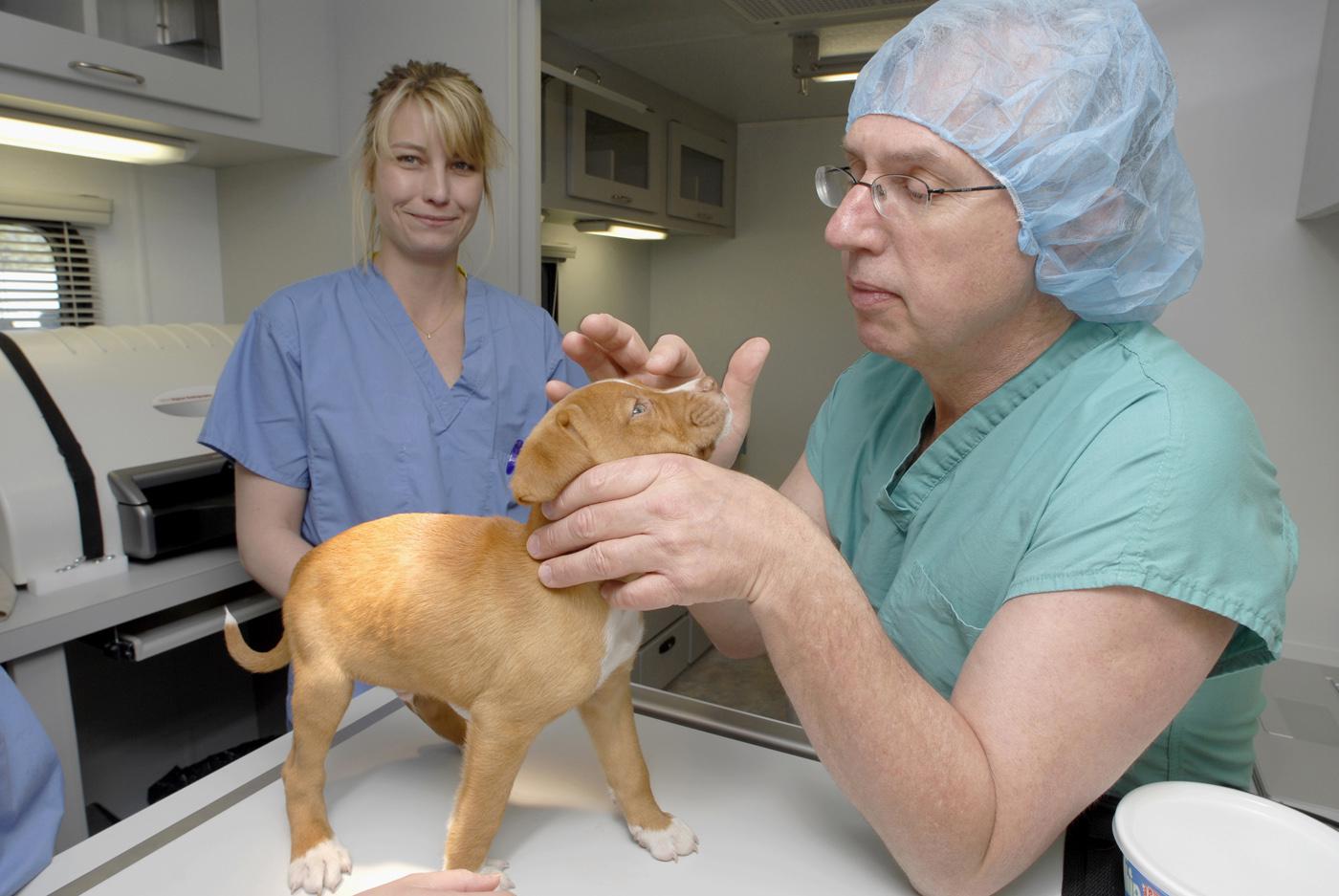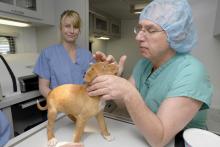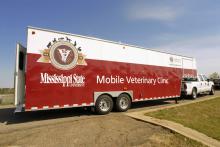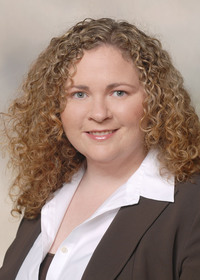Information Possibly Outdated
The information presented on this page was originally released on August 29, 2008. It may not be outdated, but please search our site for more current information. If you plan to quote or reference this information in a publication, please check with the Extension specialist or author before proceeding.
Veterinarians prepare for hurricane response
MISSISSIPPI STATE -- Lessons learned during Hurricane Katrina are helping the College of Veterinary Medicine at Mississippi State University prepare to respond if Gustav strikes the state's Gulf Coast as a hurricane-strength storm.
“Our first mission will be to support the state veterinarian under the provisions of the state's emergency plan,” said Dr. Stanley Robertson, CVM director of outreach and external affairs. “Our personnel will be part of the teams assessing the needs of both livestock and domestic animals in any storm-damaged areas and then helping meet those needs.”
The school's mobile unit also has been prepared to provide veterinary support for storm-damaged areas.
“The mobile unit, acquired in early 2007 by CVM as an emergency response vehicle with a grant from the American Kennel Club Companion Animal Recovery, is equipped with a surgical suite,” said Dr. Philip Bushby, professor of surgery and Marcia Lane Professor of Humane Ethics and Animal Welfare.
Contributions from the Humane Society of the United States, along with private donations, provide funding for operating the unit. HSUS played a major role in animal rescue efforts in South Mississippi following Katrina. Because of that experience, the organization decided to invest significant resources to reduce the number of unwanted and homeless dogs and cats in the state, Bushby said.
The mobile unit is normally used to conduct spay and neuter programs in economically depressed areas of the state for pet owners who otherwise could not afford the service. It also is used for spay and neuter days at humane shelters. In the aftermath of a natural disaster, the unit can provide emergency surgical and other medical care for injured animals.
MSU veterinary faculty, staff and students also will help care for animals at emergency shelters established by the state veterinarian if Gustav hits Mississippi as a hurricane-strength storm.
“We have CVM employees and students who have been through incident command training in preparation for this type of emergency,” Robertson said. “That's something we did not have when Katrina hit the Gulf Coast three years ago.”
Another lesson learned in the aftermath of Katrina was the need for support at home for CVM personnel deployed to emergency animal shelters, said Dr. Carla Huston, who spent five weeks caring for injured and abandoned animals at emergency shelters in Jackson and Hattiesburg following the 2005 hurricane.
“One of the things we didn't think about before that experience was the need for someone to take care of pets and other routine chores for the people spending extended periods helping with disaster recovery,” she said. “We now have a long list of students, CVM personnel and others who have volunteered to help fill in at home if we have to be away.”







